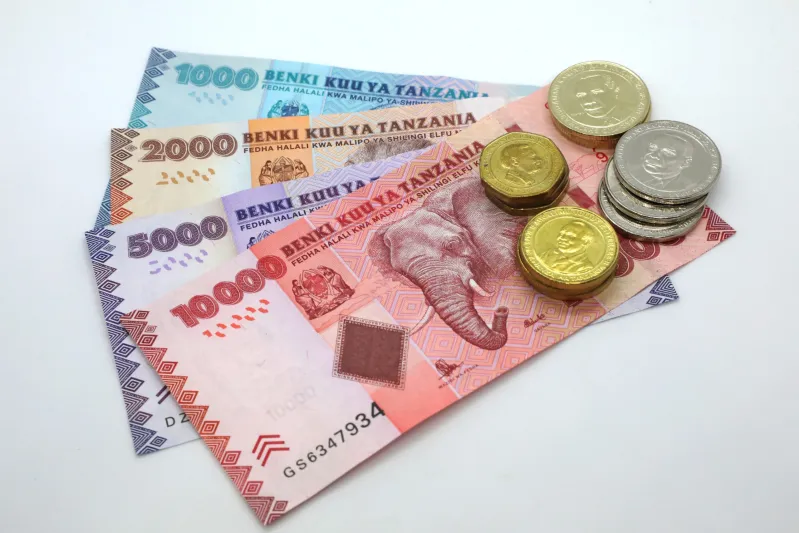Tanzania Bans Use of Foreign Currency for Local Transactions: What Tourists and Traders Need to Know
Tourists and businesses heading to Tanzania in 2025 must now exchange all foreign currency for Tanzanian Shillings (TZS) before making any local purchases. This follows a sweeping directive from the Bank of Tanzania (BoT), which officially bans the use of foreign currencies such as US Dollars, Euros, and Kenyan Shillings for domestic transactions.
The BoT’s newly released Regulations on the Use of Foreign Currency, 2025, establish strict requirements for all local pricing and payments to be made exclusively in Tanzanian Shillings.
“The Bank of Tanzania wishes to inform the public that, by the provisions of Section 26 of the Bank of Tanzania Act, 2006, the Government has issued the Regulations on the Use of Foreign Currency, 2025,” the bank announced in its official statement.
What This Means for Tourists
Effective immediately, all foreign visitors—including those from neighboring Kenya, the United States, and Europe—must convert their foreign banknotes into Tanzanian Shillings at commercial banks or licensed Bureau de Change outlets.
While international visitors can still use credit and debit cards for digital payments, cash transactions must strictly be conducted in Tanzanian Shillings. This applies to all expenditures, including dining, accommodation, transport, and shopping.
Pricing in Foreign Currency Now Illegal
The new regulations make it a criminal offense to quote, display, or accept payment in any currency other than the Tanzanian Shilling. Businesses that continue to advertise prices or accept payments in foreign currencies risk penalties.
“It is an offence to quote, advertise, or indicate prices in foreign currency, to compel, facilitate, or accept payment in foreign currency, or to refuse payment made in Tanzanian Shillings,” reiterated the BoT.
Implications for Traders and Contracts
The changes go beyond tourism. Contracts and agreements previously signed in foreign currency must now be amended to comply with the new law within a 12-month grace period. Exceptions are limited and include:
- Embassies and international organizations
- Foreign currency loans from local banks
- Duty-free purchases
Kenyan tourists and traders are among those most immediately impacted. Whether crossing through Namanga, Sirare, or Holili borders, they must ensure their transactions are in Tanzanian Shillings. Kenyan businesses operating in Tanzania now face increased costs due to frequent currency conversions and fluctuating exchange rates.
Strengthening the National Currency
These regulations are part of the Tanzanian government’s broader effort to strengthen the value and use of the Tanzanian Shilling while improving monetary oversight and economic transparency.
The BoT has called on citizens and businesses to comply with the new rules and report any violations. With enforcement underway, tourists, traders, and local enterprises must adjust their financial habits when operating in Tanzania.





